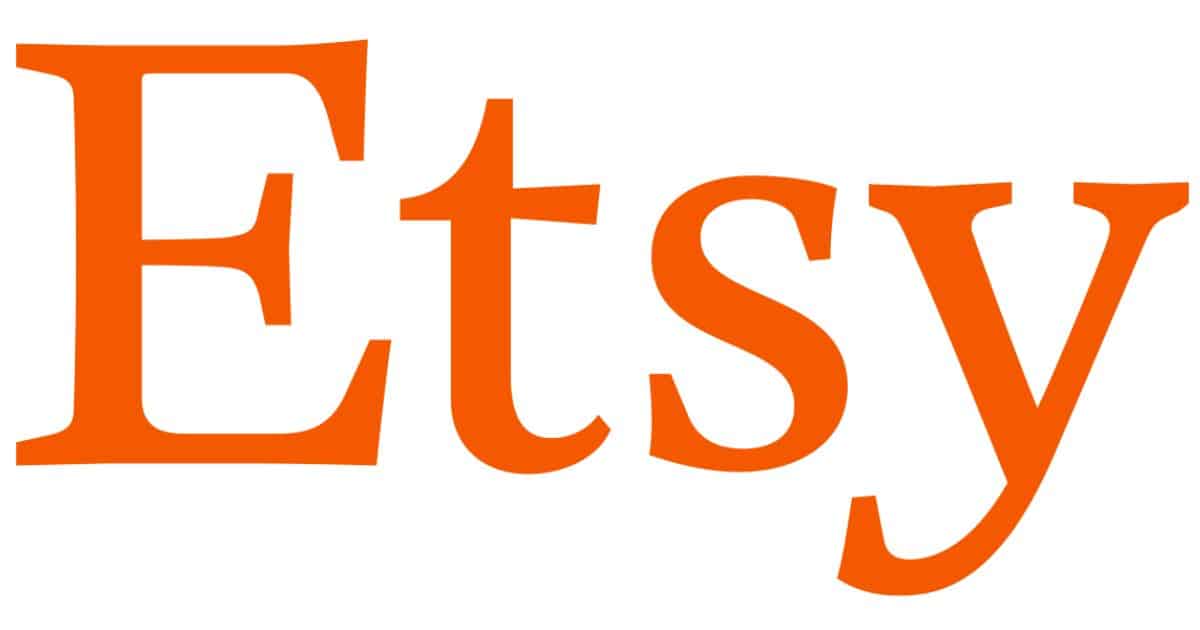Etsy, a popular online marketplace for handmade and vintage goods, has become an attractive platform for individuals looking to start their own small businesses. However, amidst the excitement of launching an Etsy shop, it is crucial to consider the legal requirements and obligations that come with selling on this platform. This article aims to provide a comprehensive analysis of whether a business license is necessary for selling on Etsy. By examining relevant regulations and policies, readers will gain a thorough understanding of the viability and legal considerations associated with running an Etsy business.
Key Takeaways
• Determine the viability of your Etsy business by assessing market demand, competition, and financial projections.
• Choose the best business entity type for your Etsy shop based on factors like liability protection, decision-making, personal asset protection, tax implications, and growth potential.
• Select and register a memorable and unique business name for your Etsy shop to establish legal ownership and protection, as well as build brand recognition and credibility.
• Appoint a registered agent for your Etsy business to ensure compliance with legal requirements, maintain professionalism and credibility, and receive legal documents on behalf of the business entity.
Determining the Viability of Your Etsy Business
Determining the viability of an Etsy business, including obtaining a Business License to Sell on Etsy, involves assessing various factors such as market demand, competition, and financial projections. Market demand refers to the level of interest and potential buyers for a particular product or service on Etsy. Evaluating market demand requires analyzing trends, conducting surveys, and researching customer preferences. Competition analysis is also crucial as it helps identify existing sellers offering similar products or services on Etsy.
Understanding the competitive landscape allows entrepreneurs to differentiate themselves and find their unique selling proposition. Financial projections provide insights into the potential profitability of an Etsy business by estimating revenues, costs, and profit margins. By carefully considering these factors, entrepreneurs can gain a better understanding of whether their business idea is viable in the Etsy marketplace.
Transitioning to the subsequent section about choosing the best business entity type for your Etsy shop, it is important to consider legal requirements and organizational structures that align with your goals as an entrepreneur
Choosing the Best Business Entity Type for Your Etsy Shop
Selecting the most appropriate business entity type is a crucial consideration for operating an Etsy shop efficiently and in accordance with legal requirements. The choice of business entity determines the legal structure, tax obligations, liability protection, and ownership arrangements of the Etsy shop. There are several options available when choosing a business entity type for an Etsy shop, including sole proprietorship, partnership, limited liability company (LLC), and corporation. Each entity type has its own advantages and disadvantages that should be carefully evaluated based on the specific needs and goals of the Etsy shop owner.
A sole proprietorship is the simplest and most common form of business entity for small businesses like individual Etsy sellers. It offers ease of setup and operation but provides no separation between personal and business assets or liability protection.
Partnerships are similar to sole proprietorships but involve two or more individuals sharing ownership and responsibilities. This type of entity can provide additional resources, skills, and expertise but may also introduce complexities in decision-making processes.
Limited liability companies (LLCs) offer a combination of simplicity, flexibility, personal asset protection from business liabilities, and pass-through taxation benefits. LLCs are often recommended for small businesses seeking personal asset protection without the formalities associated with corporations.
Corporations are more complex entities that provide full personal asset protection from business liabilities but require strict compliance with corporate governance regulations. They offer greater potential for growth through attracting investors or issuing shares.
The selection of the most appropriate business entity type for an Etsy shop depends on factors such as desired level of personal asset protection, tax implications, complexity preferences, need for external funding or expansion plans. It is advisable to consult with legal professionals or accountants specializing in small businesses to determine the best option based on individual circumstances.
Selecting and Registering Your Business Name for Etsy
When establishing a presence on the Etsy platform, it is essential to carefully consider and register a business name that aligns with your brand identity and complies with legal requirements. Selecting a business name for your Etsy shop can significantly impact its success and customer perception. It is crucial to choose a name that accurately reflects the nature of your products or services while also being memorable and unique. Moreover, ensuring that your chosen business name is not already in use by another entity is vital to avoid potential legal issues.
Registering your business name is an important step in establishing legal ownership and protection for your brand identity. By registering your business name, you gain exclusive rights to use it within the marketplace, preventing others from using it without permission. This registration process varies depending on your jurisdiction but typically involves filing appropriate forms and paying any necessary fees. Overall, meticulously selecting and registering a business name for your Etsy shop provides a solid foundation for building brand recognition and credibility within the online marketplace.
Appointing a Registered Agent for Your Etsy Business
Appointing a registered agent for an Etsy business ensures compliance with legal requirements and provides a reliable point of contact for official communications. A registered agent serves as the designated representative who can receive legal documents, such as lawsuits or summons, on behalf of the business entity. This appointment is crucial because it guarantees that important notifications and legal correspondence are promptly received and properly handled.
Additionally, having a registered agent helps maintain professionalism and credibility in the eyes of customers, partners, and government authorities. By designating a registered agent, an Etsy business demonstrates its commitment to adhering to legal obligations and maintaining transparency in its operations. This step also fosters trust among stakeholders by ensuring that they have a reliable avenue for communication with the business entity.
Registering Your Business With the State for Etsy Selling
Registering your business with the state is a necessary step for Etsy sellers to ensure compliance with legal requirements and establish their business as a legitimate entity. By registering, sellers create a distinct legal identity separate from themselves and gain access to certain benefits and protections. The process involves submitting the necessary paperwork and fees to the appropriate state agency, typically the Secretary of State or Department of Revenue.
Sellers may need to provide information such as their business name, address, type of business entity (e.g., sole proprietorship, LLC), and employer identification number (EIN) if applicable. Registering with the state also enables sellers to obtain permits or licenses specific to their industry or location. Overall, this step enhances sellers’ credibility and demonstrates their commitment to operating within legal frameworks while cultivating a sense of belonging in the wider business community.
Obtaining an EIN From the IRS for Your Etsy Shop
Obtaining an Employer Identification Number (EIN) from the IRS is a necessary step for Etsy sellers, as it allows them to establish their business as a separate legal entity and facilitates compliance with tax regulations. An EIN is a unique nine-digit number assigned by the IRS to identify businesses for tax purposes. By obtaining an EIN, Etsy sellers can separate their personal and business finances, which provides liability protection and simplifies accounting processes.
Additionally, having an EIN enables sellers to accurately report their income and expenses on their tax returns. It also allows them to open a business bank account and apply for certain licenses or permits that may be required in their jurisdiction. Overall, obtaining an EIN is an important step for Etsy sellers to establish themselves as legitimate businesses and comply with tax obligations.
Opening a Business Bank Account for Your Etsy Store

When opening a business bank account for an Etsy store, it is important to select a financial institution that offers suitable features and services to meet the unique needs of the business. The chosen bank should provide options such as low transaction fees, competitive interest rates on savings accounts, and convenient online banking facilities.
It is essential to consider the specific requirements of an Etsy business, such as accepting payments from various sources including credit cards and PayPal. Additionally, having access to tools like invoicing systems or merchant services can streamline financial operations. The selected bank should also have a good reputation for customer service, ensuring prompt assistance in case of any issues or concerns. By carefully assessing these factors and choosing a bank that aligns with the business’s goals and requirements, Etsy sellers can efficiently manage their finances while offering a seamless purchasing experience to their customers.
Conclusion
In conclusion, obtaining the necessary licenses and registrations for your Etsy business is crucial for its success. Just as a ship needs a sturdy hull and efficient navigation tools to sail smoothly, your business requires proper legal foundations to navigate the complex waters of commerce. By determining viability, selecting the right entity type, registering your business name, appointing a registered agent, and obtaining an EIN and bank account, you can ensure that your Etsy shop is on the right course towards prosperity. Remember, a well-prepared vessel is more likely to weather any storm that comes its way.








